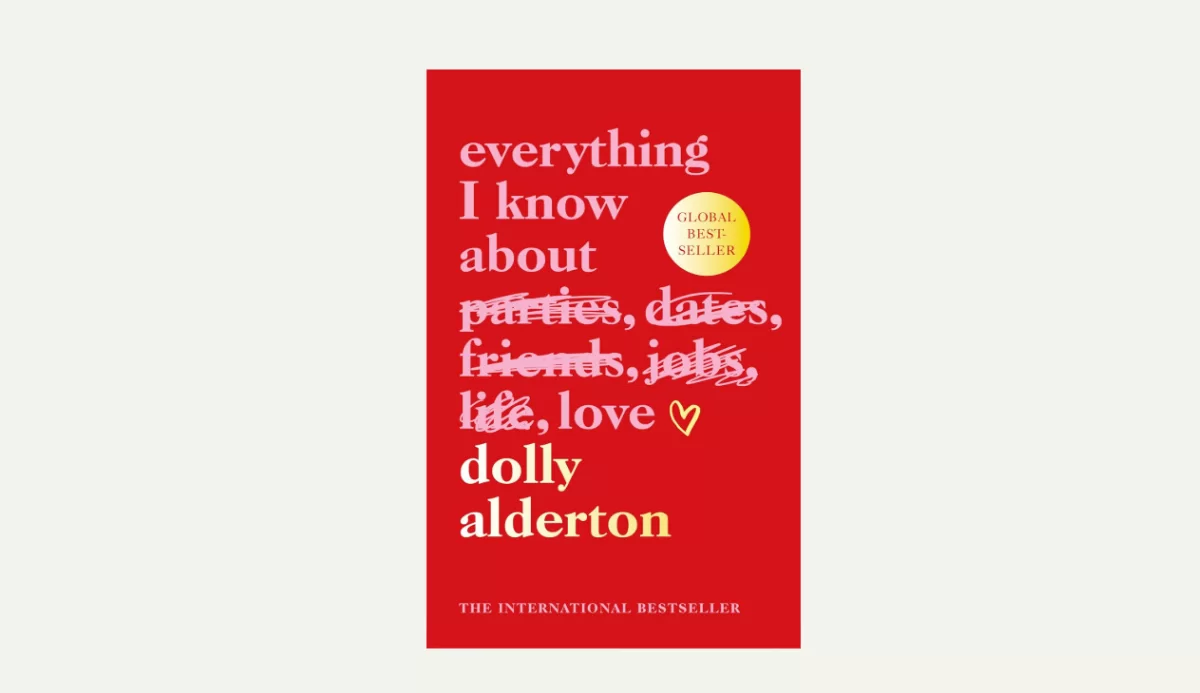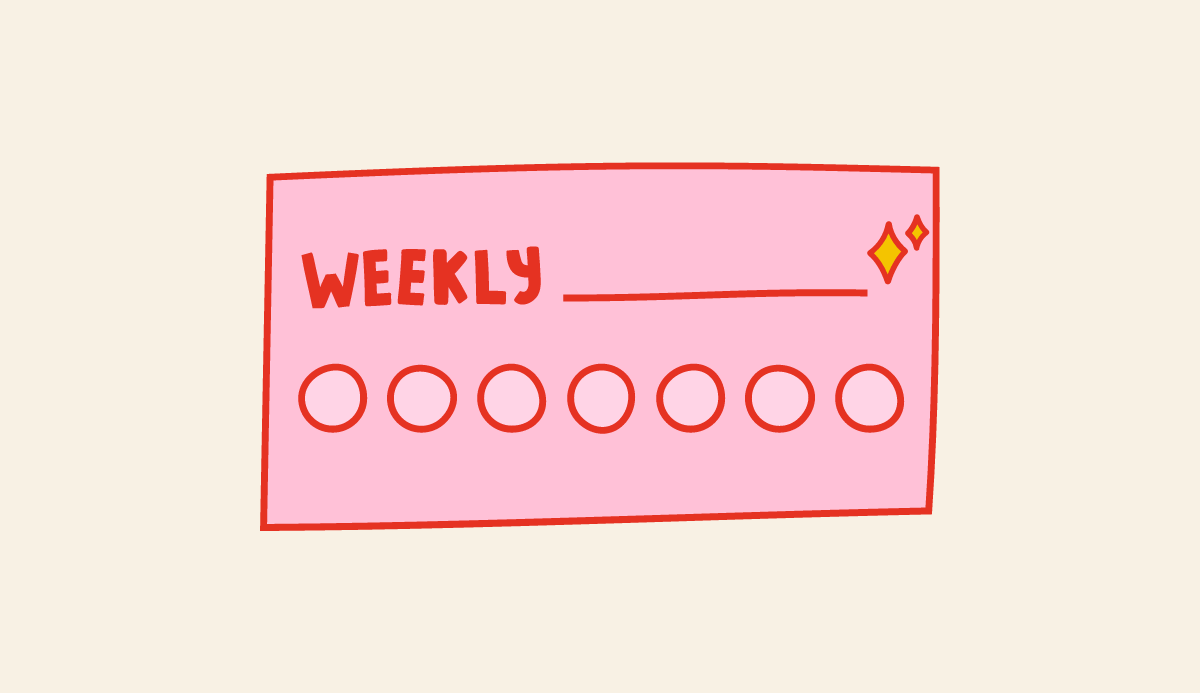
You know that frustrating feeling when you’re spinning your wheels, caught between wanting to move forward and having absolutely no clue which direction to go? Yeah, we’ve all been there—staring at the ceiling at 2 AM, wondering if we’re making the right choices or just really good excuses. The thing is, your brain’s actually wired to keep you stuck when you’re overwhelmed, but the right questions can rewire those neural pathways and reveal possibilities you haven’t even considered yet.
What Would I Do If I Knew I Couldn’t Fail?

Most of us have that little voice in our heads—you know, the one that sounds suspiciously like your middle school math teacher who always seemed to catch you daydreaming—whispering all the reasons why your big ideas won’t work out. But here’s the thing: fear of failure is often what keeps us spinning our wheels when we’re stuck.
This prompt cuts through that noise by removing failure from the equation entirely. When you eliminate the possibility of failing, you’re forced to confront what you actually want—not what feels “safe” or “realistic.”
Research shows that our brains are wired with a negativity bias, meaning we naturally focus on potential threats rather than opportunities. By asking yourself what you’d do if failure wasn’t an option, you’re fundamentally rewiring your thought patterns to focus on possibility instead of limitation.
What Story Am I Telling Myself About This Situation?
When you’re stuck in a situation that feels impossibly tangled, chances are you’ve become the unreliable narrator of your own life story—and trust me, we’re all guilty of this particular brand of creative fiction.
We craft dramatic narratives where we’re either the helpless victim or the inevitable failure, complete with compelling evidence that supports our chosen storyline. But here’s the plot twist: those stories aren’t facts—they’re interpretations filtered through fear, past experiences, and cognitive biases that psychologists call “confirmation bias.”
Start questioning your internal narrator by asking: What if this situation isn’t a dead end but a detour? What evidence contradicts my current story? You’ll discover that rewriting your narrative often opens up solutions.
When Did I Last Feel Truly Energized and Alive?

Energy is like breadcrumbs in the forest of your life—follow the trail backward, and it’ll lead you out of wherever you’re currently lost. When you’re stuck, excavating moments of peak energy becomes detective work: What were you doing? Who were you with? What made your pulse quicken with possibility rather than anxiety?
Maybe it was launching that side project, having deep conversations with your mentor, or solving complex problems at work. Research shows that recollecting positive emotional states actually reactivates similar neural pathways—basically, recollecting joy creates more joy.
Don’t overthink this prompt; your body keeps the score better than your mind. Write about the physical sensations, the environment, the conversations. These energy patterns reveal your authentic drivers, not what you think should motivate you.
What Would My Future Self Advise Me Right Now?
While excavating past energy reveals your authentic patterns, sometimes you need wisdom that hasn’t been earned yet—the kind that comes from imagining yourself five, ten, or twenty years down the road.
This future-self dialogue isn’t some woo-woo visualization exercise—it’s strategic perspective-taking that leverages what psychologists call “temporal distancing,” fundamentally stepping outside your current emotional fog to access clearer judgment.
Picture yourself having navigated this exact challenge successfully. What would that version of you say? Try these angles:
- What risks would future you regret not taking?
- Which relationships deserve more investment versus boundaries?
- What skills should you prioritize developing now?
- How would you reframe this “stuck” period as preparation?
Your future self isn’t mystical—they’re simply you with accumulated wisdom, clearer priorities, and hard-won perspective on what actually matters.
What Am I Avoiding That I Know I Need to Address?
Beneath the surface of feeling stuck, there’s usually something you’ve been expertly dodging—that conversation you need to have, the career pivot you’ve been researching for months without acting on, or the relationship that’s slowly draining your energy while you pretend everything’s fine.
This avoidance isn’t weakness; it’s your brain’s protective mechanism. But here’s the thing: what you resist persists, and it’ll keep you spinning in circles until you face it head-on.
Write brutally honestly about what you’re avoiding. That difficult conversation with your boss? The doctor’s appointment you’ve postponed? The creative project gathering dust? Name it, claim it, then ask yourself: what’s the worst that could happen if you addressed this today? Often, the anticipation is worse than reality.
If I Had to Make This Decision in 10 Minutes, What Would I Choose?

Sometimes the antidote to overthinking isn’t more analysis—it’s artificial urgency. When you’re spinning your wheels in decision paralysis, this prompt cuts through the noise by forcing your gut instincts to surface. Time pressure bypasses your analytical mind—the same one that’s been keeping you stuck—and taps into your intuitive wisdom.
Here’s how to maximize this exercise:
- Set an actual timer for ten minutes to create real urgency
- Write continuously without editing or second-guessing yourself
- Note your first instinct within the first thirty seconds
- Identify the fears that surface when you imagine acting quickly
That snap decision you’d make? It’s probably closer to your true desires than you think. Your overthinking brain loves complexity, but sometimes the simplest path forward is the right one.
What Would I Do If No One Else’s Opinion Mattered?
When you remove external validation from the equation, fascinating patterns emerge: maybe you’d quit that prestigious job for freelance writing, move across the country, or finally start that unconventional business.
Research shows we consistently overestimate how much others notice our choices—psychologists call this the “spotlight effect”—yet we still let imaginary critics control our decisions.
What Three Small Steps Could I Take This Week?
Breaking through inertia doesn’t require a complete life overhaul—it just needs momentum, and momentum starts with laughably small actions that compound over time.
When you’re paralyzed by possibility, specificity becomes your superpower. Instead of drowning in endless options, narrow your focus to three concrete micro-actions you can tackle this week:
- Send one strategic email that moves a project forward
- Research for 15 minutes about something you’ve been curious about
- Clear one small space in your environment that’s been nagging you
- Have one uncomfortable conversation you’ve been avoiding
These aren’t life-changing moves—they’re momentum-builders. Each completed micro-action creates what psychologists call “behavioral activation,” fundamentally training your brain that you’re someone who follows through, which naturally leads to bigger action-taking.
What Am I Grateful For Right Now, Even in This Stuck Place?

Although it sounds counterintuitive—maybe even a little toxic-positive—hunting for gratitude while you’re genuinely stuck isn’t about pretending everything’s fine or forcing fake optimism onto a crappy situation. It’s about recalibrating your brain’s threat-detection system, which tends to hyper-focus on problems when you’re feeling powerless.
Research shows gratitude literally rewires neural pathways, shifting your attention from scarcity to abundance—even tiny pockets of it. When I’m stuck, I’ll write: “I’m grateful my body kept breathing while I slept,” or “I’m grateful for running water.” These aren’t profound revelations, but they’re anchors of stability in chaos.
This practice doesn’t minimize your struggles; it expands your perspective beyond them, creating mental space for solutions to emerge.
Conclusion
You’ve got nine powerful tools now—think of them as your personal unsticking kit. When you’re spinning your wheels, pull out one of these prompts and let your pen do the talking. Sometimes you’ll surprise yourself with what spills onto the page: hidden fears, forgotten dreams, or that nagging voice you’ve been ignoring. Trust the process, embrace the messiness, and recollect—being stuck isn’t permanent, it’s just your starting point for something better.





Leave a Reply